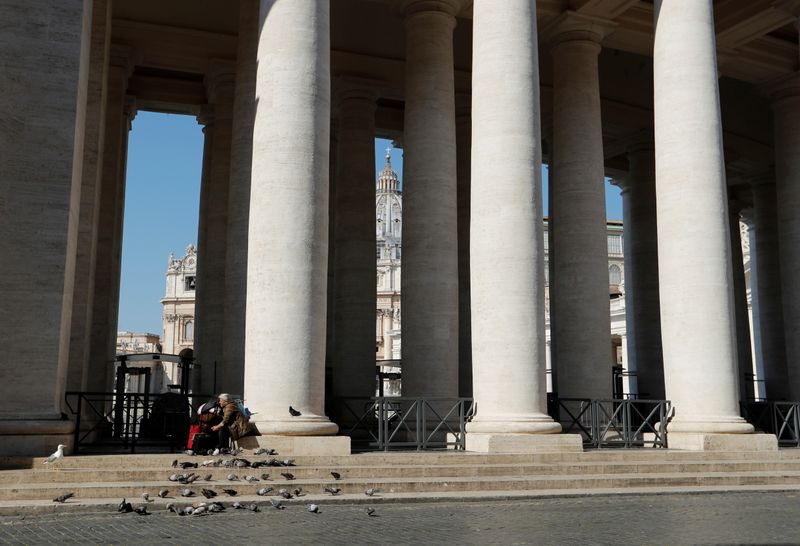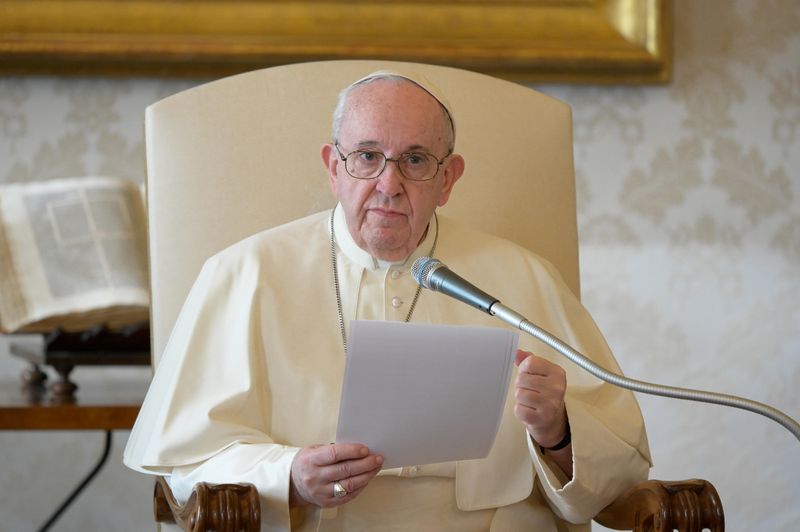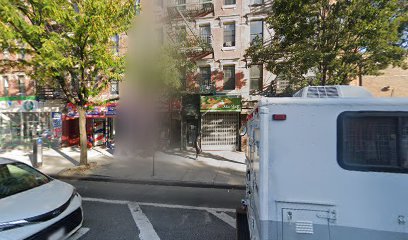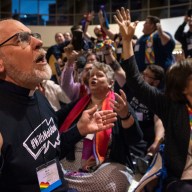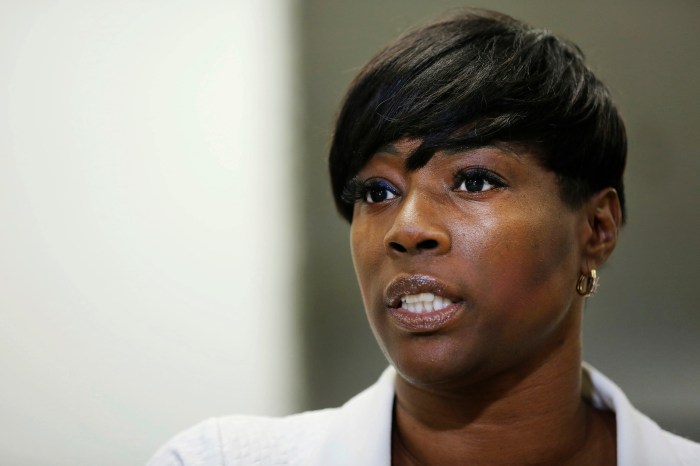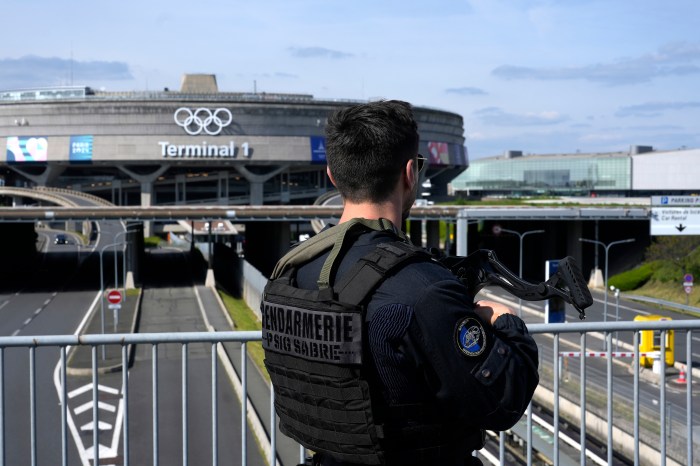VATICAN CITY (Reuters) – Pope Francis is offering free coronavirus tests for Rome’s poor and homeless as part of the Roman Catholic Church’s World Day of the Poor activities, the Vatican said on Thursday.
The swabs are being offered at a clinic off St. Peter’s Square that the pope set up several years ago to provide basic medical care to destitute people, some of whom live on the streets in the neighbourhood around the Vatican.
Italy surpassed the one-million infections mark on Wednesday, leap-frogging Mexico to become one of the top 10 worst-affected countries globally, according to a Reuters tally. [L8N2HX6L3]
Archbishop Rino Fisichella told reporters that some 50 coronavirus tests a day were being done and the initiative would continue indefinitely.
Those who test negative get a certificate to enter a shelter and those who test positive are directed to further treatment.
Many of Italy’s homeless are foreigners who do not have a family doctor with the national health system and Italians who become homeless, because of economic difficulties, often are too embarrassed to return to their family doctors.
The pope established the World Day of the Poor four years ago to bring attention to the needy, particularly in developed countries. It is being marked this Sunday.
In past years, he has held Mass for thousands of poor people in St. Peter’s Basilica and then treated 1,500 homeless people to lunch in a Vatican auditorium.
Because of coronavirus restrictions, only 100 poor people will attend Mass in the vast basilica.
The lunch has been cancelled but about 5,000 food parcels will be delivered to poor families, including 2.5 tons of pasta donated by an Italian food company.
More than 350,000 masks will be given to students in Rome’s less affluent outskirts.
(Reporting by Philip Pullella; Editing by Alexandra Hudson)

